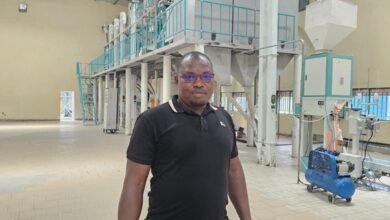Digital Technology and Artificial Intelligence : a revolution for African higher education?
The integration of digital technology and artificial intelligence (AI) is transforming teaching methods and university pathways in Africa. Between promises of increased access and cultural challenges, what policies and practices can maximize these tools without disregarding local specificities?

AI offers powerful levers: personalized learning pathways, assessment diagnostics, support for distance learning, and automation of administrative tasks. UNESCO notes that “AI has the potential to address some of the greatest challenges in education,” but warns of risks—bias, digital divide, and erosion of local knowledge—if adoption remains detached from cultural contexts. For Africa, the equation is twofold: harness innovation while controlling its social and cultural effects.
A successful integration requires a clear national strategy, ethical frameworks, and investment in infrastructure
On the ground, initiatives are multiplying. From e-learning platforms in Nigeria and Kenya to hybrid campuses in Egypt, EdTech investments are growing, driven by the private sector and NGOs. Yet uneven internet coverage, high data costs, and lack of teacher training slow widespread adoption. According to recent studies and reviews, a successful integration requires a clear national strategy, ethical frameworks, and infrastructure investment.
Call for “culturally anchored” solutions designed in Africa
The institutions making the most progress link AI to concrete priorities: improving graduation rates, ongoing teacher training, and adapting programs to market needs. However, UNESCO warns that importing non-contextualized tools could “risk erasing local values and knowledge,” calling instead for “culturally anchored” solutions designed in Africa.
Recommendations are clear: adopt national policies on educational AI, create university consortia to pool resources and skills, provide grants for digital teacher training, and establish public-private partnerships to deploy infrastructure. Without these measures, the risk is exacerbating inequalities between “digital” universities and traditional campuses.
If digital technology and AI are an opportunity—it is also a test of educational sovereignty for the continent
If digital technology and AI are an opportunity—it is also a test of educational sovereignty for the continent. Those who combine technical innovation with cultural grounding will have a head start in educating the 2030 generation.






